Date: Monday 7 November
Time: 10am-1pm
Location: F105, Fusion, Talbot Campus
What does it mean to be a student in the 21st century? As part of ESRC’s Festival of Social Science BU researchers Dr Vanessa Heaslip, Dr Clive Hunt, Dr Maggie Hutchings and Dr Alex Wardrop will be leading a workshop to present the real-life stories of non-traditional students. The students’ stories will immerse the aud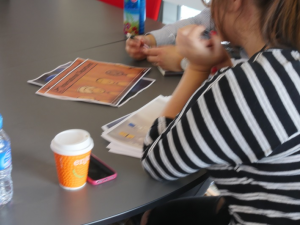 ience through a mix of multi-media methods made up of images, films and talks.
ience through a mix of multi-media methods made up of images, films and talks.
Bournemouth University is leading a pioneering collaborative programme of research exploring ways to make higher education more accessible and more equitable than it sometimes is. This research contributes to new, more participatory, ways of doing, thinking and learning about widening participation which is a core tenet to BU’s Fair Access Research project.
Over the past few weeks BU researchers have been working with a diverse group of non-traditional students from across the university, as they take images that tell their stories of university life. This enables the students to become the researchers of their own lives, using the photovoice methodology to share their stories.
During the research process BU researchers asked students to tell their stories to each other as a gift to help uncover insights into their experiences by talking through the images and hearing their stories retold by another. Some themes that have been emerging through the stories included the concept of homeliness, both in its history and recreation as a student.
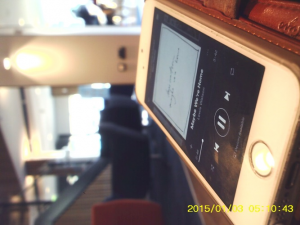 Unsurprisingly, the students identified that the images shared by the final year students appeared more positive compared with the anxieties of first year students.
Unsurprisingly, the students identified that the images shared by the final year students appeared more positive compared with the anxieties of first year students.
The workshop will allow you to listen to the non-traditional students’ voices, learn from the students’ stories, gain insights into different research methods and work together to develop practical responses to what we see and hear.
You will gain insights into the power of arts-based social participatory research methods for eliciting deep stories and re-represented for social action. Having engaged with storytelling, participants will discuss ways in which the students’ lived experiences could shape policy changes and interventions to better enable students to feel like they belong.
For more information about this project or BU’s innovative Fair Access Research, please email the Principal Investigators Dr Vanessa Heaslip and Dr Clive Hunt.
The 14th annual Festival of Social Science takes place from 5-12 November 2016 with more
than 250 free events nationwide. Run by the Economic and Social Research Council, the Festival provides an opportunity for anyone to meet with some of the country’s leading social scientists and discover, discuss and debate the role that research plays in everyday life. With a whole range of creative and engaging events there’s something for everyone including businesses, charities, schools and government agencies. A full programme is available at www.esrc.ac.uk/festival You can also join the discussion on Twitter using #esrcfestival.
To hear more about ESRC Festival of Social Science at Bournemouth University, then please get in touch.
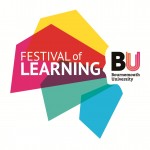 If you are still searching for some inspiration for
If you are still searching for some inspiration for 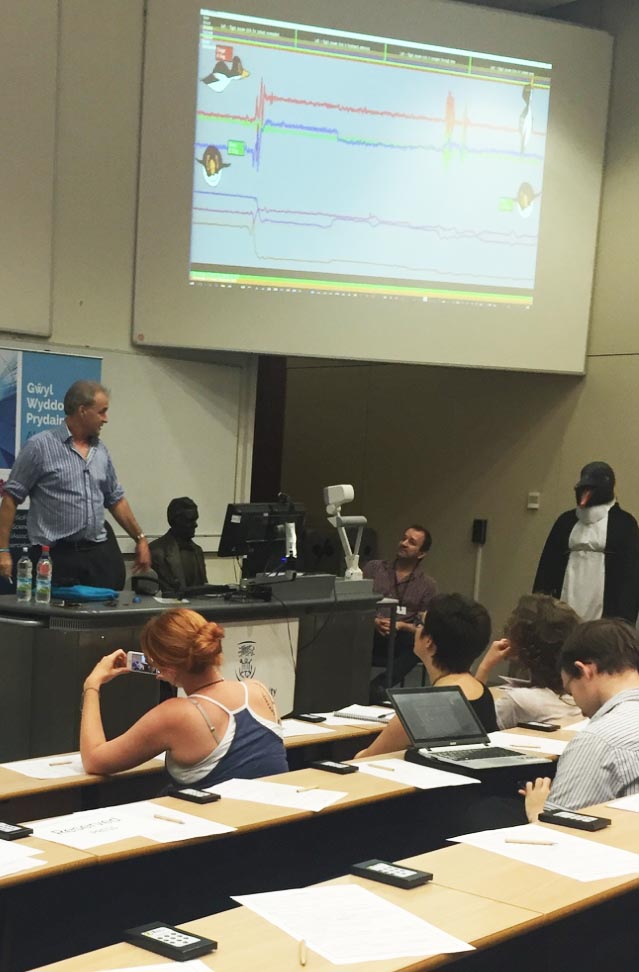
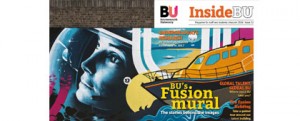 The
The 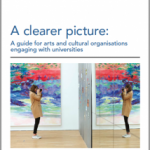 The
The 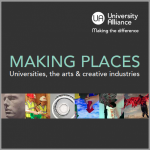
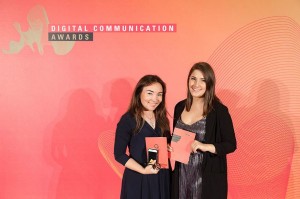 However, the reason for this post was primarily to communicate latest recognition and progress events that both Freya and I were part of.
However, the reason for this post was primarily to communicate latest recognition and progress events that both Freya and I were part of.
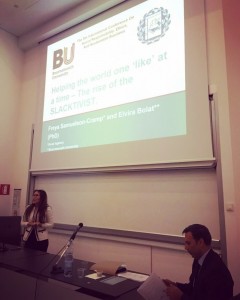
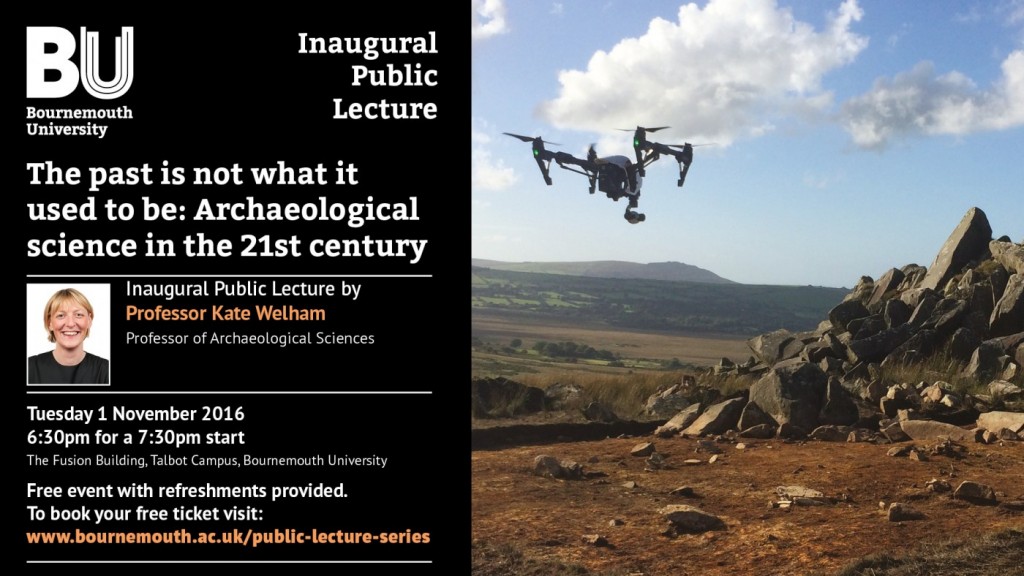
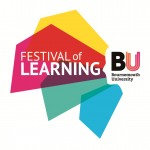 Don’t miss our drop-in sessions where we can offer you support in planning your event for Festival of Learning 2017.
Don’t miss our drop-in sessions where we can offer you support in planning your event for Festival of Learning 2017.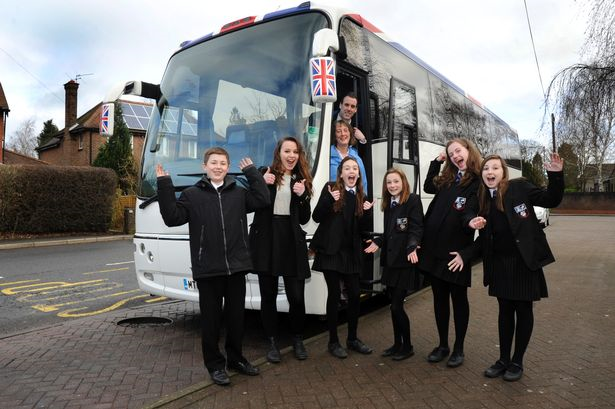
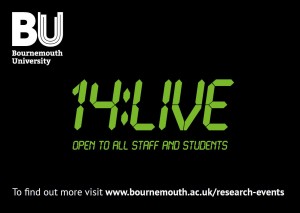
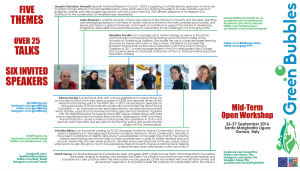
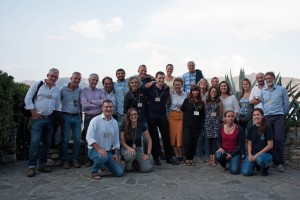
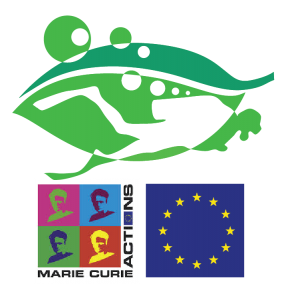

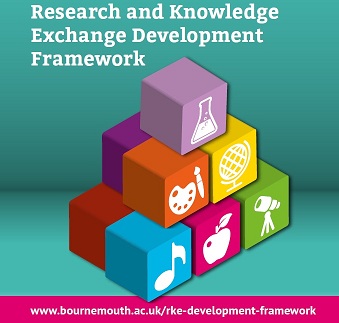











 FHSS academics teaching in Nepal
FHSS academics teaching in Nepal New weight change BU paper
New weight change BU paper One week to go! | The 16th Annual Postgraduate Research Conference
One week to go! | The 16th Annual Postgraduate Research Conference Geography and Environmental Studies academics – would you like to get more involved in preparing our next REF submission?
Geography and Environmental Studies academics – would you like to get more involved in preparing our next REF submission? Congratulations to three former BU staff
Congratulations to three former BU staff MSCA Staff Exchanges 2024 Call – internal deadline
MSCA Staff Exchanges 2024 Call – internal deadline Applications are now open for 2025 ESRC Postdoctoral Fellowships!
Applications are now open for 2025 ESRC Postdoctoral Fellowships! Horizon Europe – ERC CoG and MSCA SE webinars
Horizon Europe – ERC CoG and MSCA SE webinars MaGMap: Mass Grave Mapping
MaGMap: Mass Grave Mapping ERC grants – series of webinars
ERC grants – series of webinars